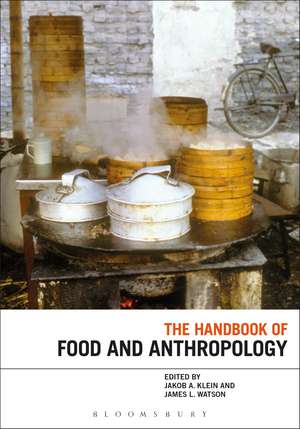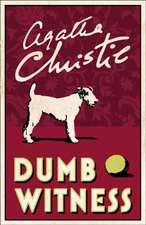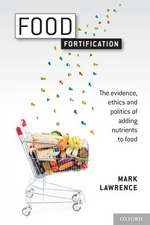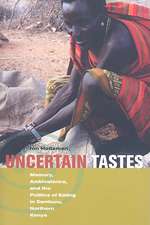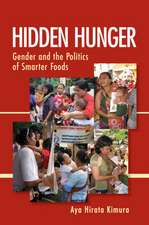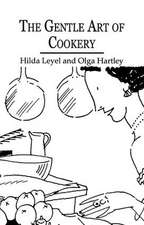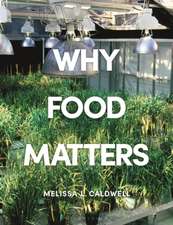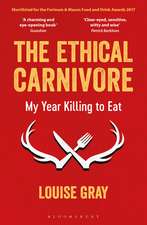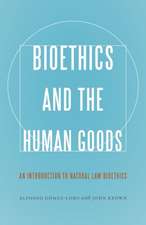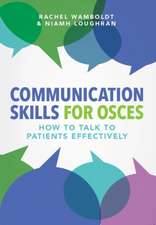The Handbook of Food and Anthropology
Editat de Dr Jakob A. Klein, Professor James L. Watsonen Limba Engleză Paperback – 6 feb 2019
| Toate formatele și edițiile | Preț | Express |
|---|---|---|
| Paperback (1) | 242.18 lei 6-8 săpt. | +75.26 lei 4-10 zile |
| Bloomsbury Publishing – 6 feb 2019 | 242.18 lei 6-8 săpt. | +75.26 lei 4-10 zile |
| Hardback (1) | 828.43 lei 3-5 săpt. | |
| Bloomsbury Publishing – 24 aug 2016 | 828.43 lei 3-5 săpt. |
Preț: 242.18 lei
Preț vechi: 272.36 lei
-11% Nou
46.35€ • 47.77$ • 39.13£
Carte tipărită la comandă
Livrare economică 03-17 martie
Livrare express 24-30 ianuarie pentru 85.25 lei
Specificații
ISBN-10: 135008333X
Pagini: 504
Dimensiuni: 169 x 244 x 28 mm
Greutate: 0.91 kg
Editura: Bloomsbury Publishing
Colecția Bloomsbury Academic
Locul publicării:London, United Kingdom
Caracteristici
Notă biografică
Cuprins
Recenzii
Jakob Klein and James Watson bring together a welcome addition to the world of food studies in their new book The Handbook of Food and Anthropology. The book provides an insightful reference for anthropology and food studies scholars because of its attention to social and cultural contexts and rich ethnographic accounts [...]
An excellent collection that would make Goody and Mintz, to whom the book is dedicated, proud.
Comprehensive and thorough, this collection is an essential reference for any anthropologist working on food. It opens a door into the breadth and richness of a disciplines engagement with food, both a basic human need and a source of pleasure. This book is a solid foundation for both newcomers to the field, and veteran investigators.
This book confirms the fundamental contribution that anthropologists have made to the study of food, culture and society. With research extending from kinship and commensality to novel work on corporate ethnography and bioengineering, this collection makes a compelling case for the anthropological study of food and modern life.
At last, a handbook that reflects the emergence and importance of the study of food as a core feature of twenty-first century anthropology. Embracing environmental subjects, transnational business, globalism, policy and practice, it serves up the penetrating insights into everyday life that are anthropology's traditional speciality while looking ahead to the transdisciplinary future of food. Truly, a feast.
A well-balanced and creatively prepared selection of essays, this book reveals that understanding food, now more than ever, requires attention to the scientific possibilities, political promises, and ethical concerns entangled with nutrition, taste, and hunger. It represents the best current work in this field, helping us think about how to provision this hungry planet safely and equitably.
Descriere
Interest in the anthropology of food has grown significantly in recent years. This is the first handbook to provide a detailed overview of all major areas of the field. Twenty original essays by leading figures in the discipline examine traditional areas of research as well as cutting-edge areas of inquiry.
Divided into three parts - Food, Self and Others; Food Security, Nutrition and Food Safety; Food as Craft, Industry and Ethics - the book covers topics such as identity, commensality, locality, migration, ethical consumption, artisanal foods, and children's food. Each chapter features rich ethnography alongside wider analysis of the subject. Internationally renowned scholars offer insights into their core areas of specialty.
Examples include Michael Herzfeld on culinary stereotypes, David Sutton on how to conduct an anthropology of cooking, Johan Pottier on food insecurity, and Melissa Caldwell on practicing food anthropology. The book also features exceptional geographic and cultural diversity, with chapters on South Asia, South Africa, the United States of America, post-socialist societies, Maoist China, and Muslim and Jewish foodways. Invaluable as a reference as well as for teaching, The Handbook of Food and Anthropology serves to define this increasingly important field.
An essential resource for researchers and students in anthropology and food studies.
